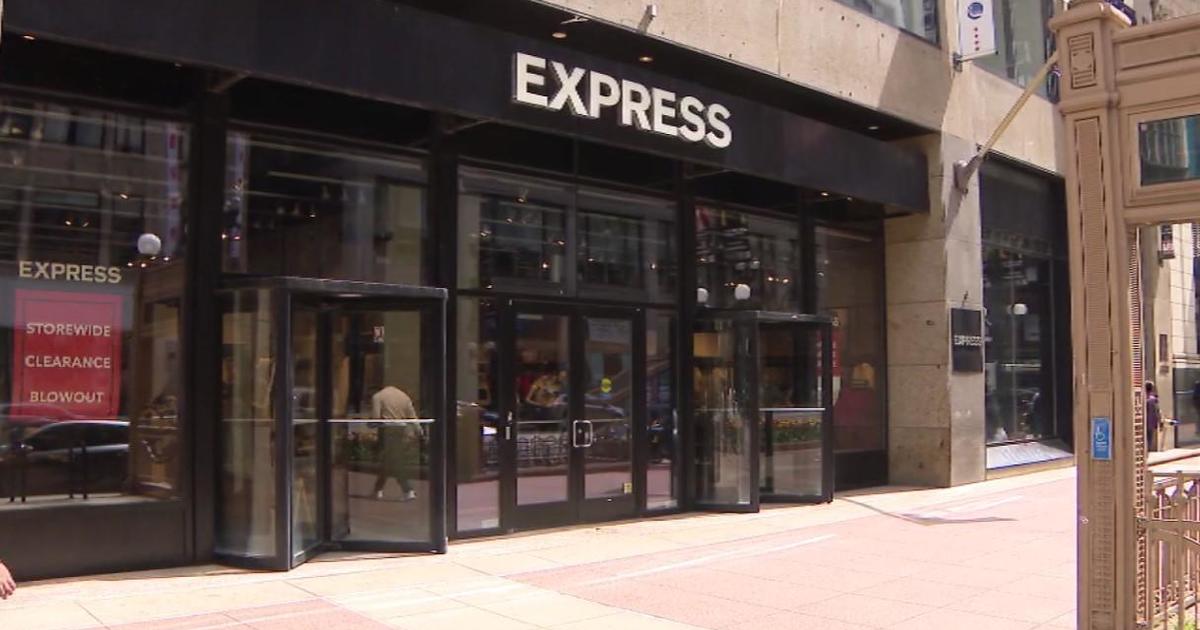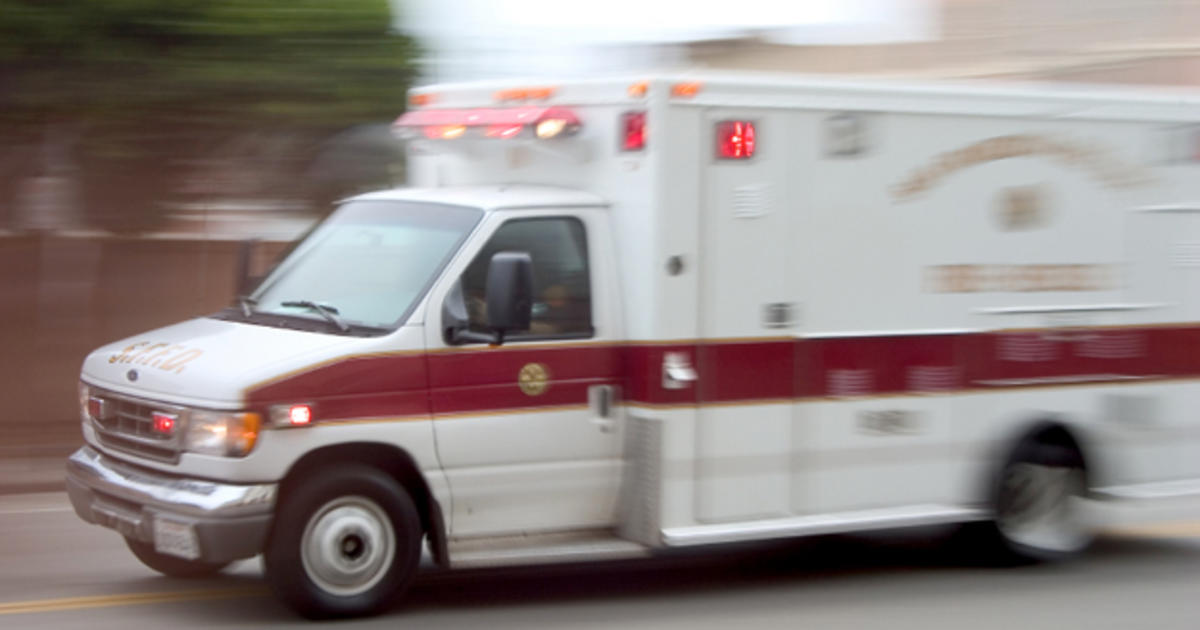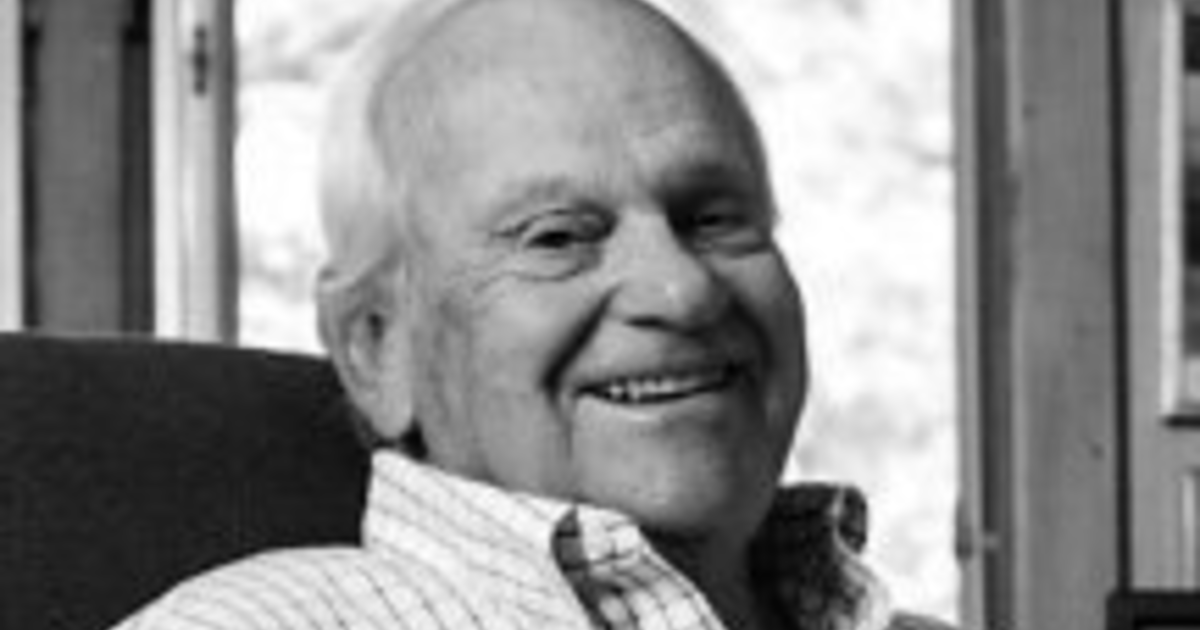Emanuel Unveils Agenda For Public Health
UPDATED 08/16/11 1:44 p.m.
CHICAGO (CBS) -- Mayor Rahm Emanuel unveiled his plans for public health Tuesday.
As WBBM Newsradio Political Editor Craig Dellimore reports, Emanuel announced the plan surrounded by young people at the Humboldt Park Field House Teen Fitness Center.
The plan comes on the heels of a new study by Northwestern University that finds a number of "health deserts" in the city.
LISTEN: WBBM Newsradio Political Editor Craig Dellimore reports
Podcast
The mayor's agenda identifies 12 priorities, the Sun-Times Media Wire reported. Those priorities are cancer disparities, tobacco use, obesity and HIV prevention, adolescent health, heart disease and stroke, access to health care, healthy mothers and babies, communicable disease control and prevention, healthy homes, violence prevention and public health infrastructure.
The agenda sets targets to reach by 2020, including cutting the number of HIV diagnoses from 1,166 in 2009 to 875 in 2020, cutting the disparity in breast cancer deaths between black and white women by 50 percent from 2007 levels, and cut the number of food deserts to zero, the Sun-Times Media Wire reported.
But while the city has outlined goals, the agenda relies on the business community, social agencies, religious groups and others actually to create the program.
He says city workers will be encouraged to improve their lifestyles and reduce medical costs.
"We all know that healthy children are better able to learn, and we know that healthy adults are better able to contribute to a vibrant community, so it's important that we focus on these important public health issues that will create a healthier society," Chicago Department of Public Health Commissioner Dr. Bechara Choucair said on the CBS 2 Morning News Tuesday.
While personal responsibility for health choices is necessary, the city has a responsibility to do more than just leave health decisions up to individuals, Choucair said.
"We always talk about personal responsibility, which is very, very important. We want individual Chicagoans to take responsibility of their own actions," Choucair said. "But we have a responsibility also to create an environment where it's easier for people to make healthier choices."
The city's goal is to create an environment where the default choices for Chicagoans are healthy, Choucair said.
The study released Monday analyzed data from the city's 77 official community areas about the health status of residents and the availability of health care resources. It focused on four specific areas - Albany Park on the Northwest Side, Chicago Lawn on the Southwest Side, South Lawndale on the West Side, and Auburn-Gresham on the South Side.
Chicago Lawn fared the worst in the study. The community area had the fewest resources to encourage physical activity and healthy eating, with one grocery store, two supermarkets in the northwest corner, and a farmers market.
Overall, the study found, the city's South and Southwest sides were the most underserved.
Lead author Juliet Yonek pointed out that the problem goes beyond access to doctors, clinics and hospitals or even food deserts.
"Bike paths, and safe walking routes for children to walk to school, parks, playgrounds, those sorts of things as well," she said.
Yonek admits a cash-strapped city might have trouble fixing some of the problems.



